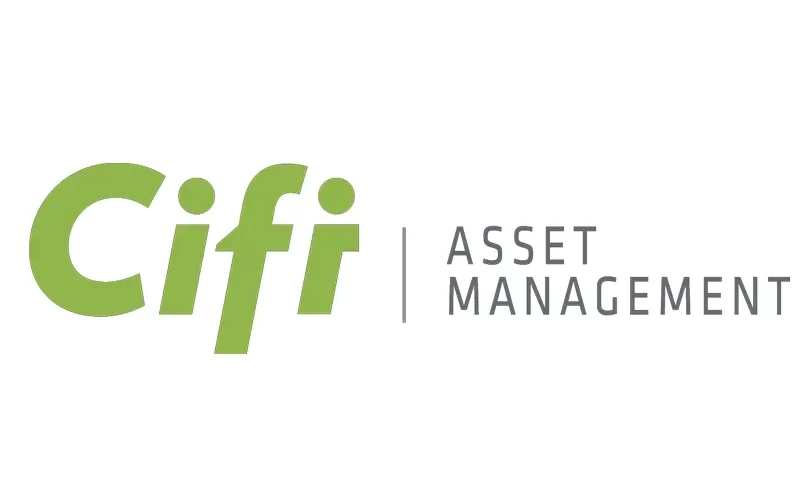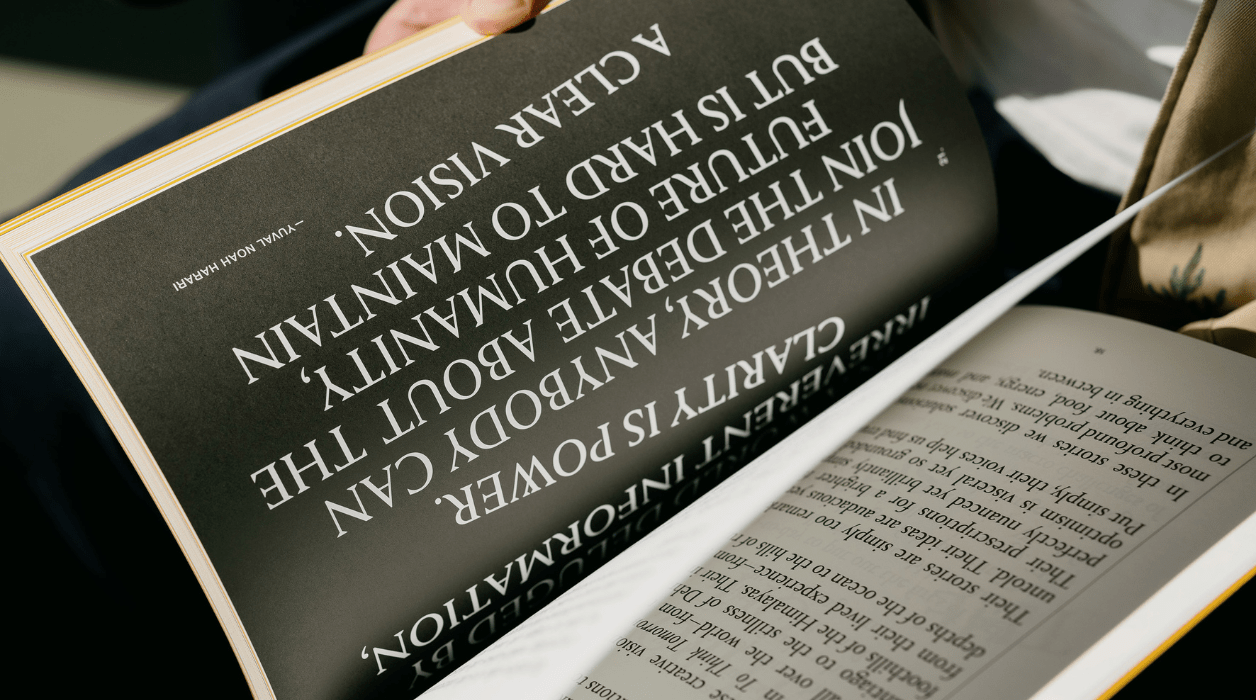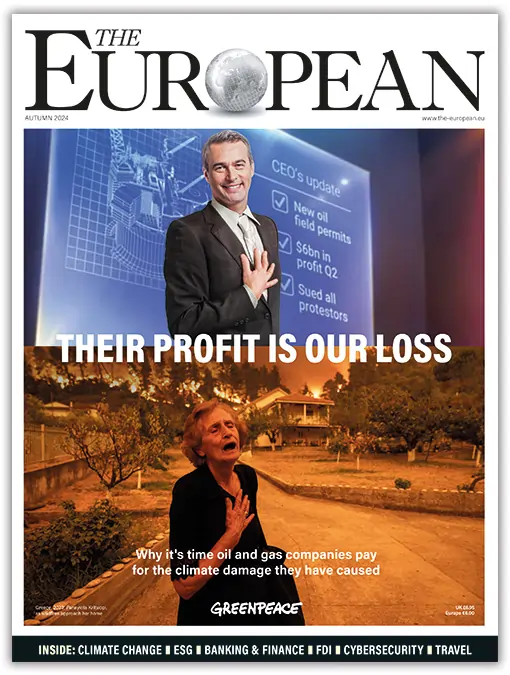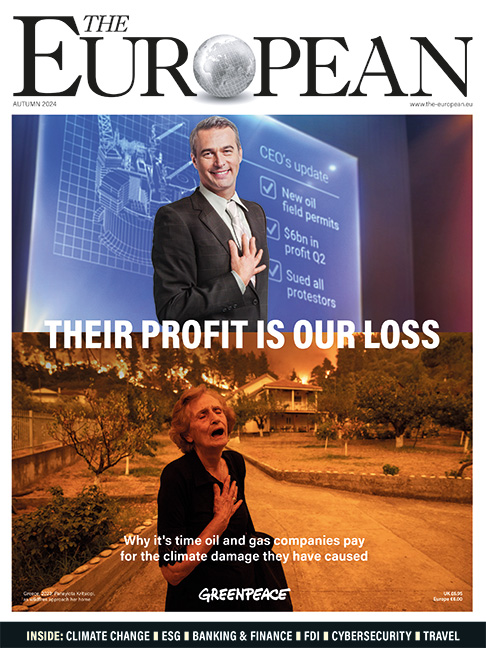Giulio Nardella of ESCP Business School explores to what extent maintaining a good reputation acts as a deterrent to corporate social irresponsibility
Corporate social responsibility (CSR) has been a topic of much discussion in the business community for several decades now. In particular, much has been written on how to encourage or reward organisations to be more socially responsible throughout their operations. But if this represents the proverbial “carrot” approach to improving an organisation’s social accountability, we cannot avoid talking about the stick as well – in other words, how corporate social irresponsibility (CSI) is penalised and deterred.
We know that the majority of stakeholders – such as employees, business partners and consumers – lack the legislative power of governments. Nevertheless, the withdrawal of stakeholder support is assumed to have a significant impact on a firm’s reputation, and ultimately, the bottom line. Thus, a tarnished reputation is believed to be worth avoiding, creating the idea that reputational damage is a primary “informal enforcement mechanism” which deters organisations from engaging in CSI.
In reality, the situation is much more nuanced, as evidenced by the fact that companies still partake in tax avoidance, human rights abuses, environmental harm, and other forms of CSI. The notion that reputations are distinctly fragile assets is often perpetuated. But a renewed interest in studying the role of nongovernmental stakeholders in punishing irresponsible conduct has suggested corporate reputations might be more resilient than previously thought.

Policing irresponsible conduct
Corporate reputations are complex, and whether they are diminished following a revelation of CSI depends on a variety of factors. Alongside colleagues from Warwick Business School and Bath School of Management, I analysed the findings of 448 studies relating to CSI and corporate reputation in order to understand how effective reputation is at policing irresponsible conduct. We identified several factors that need to be researched more fully before it becomes clear just how delicate (or durable) corporate reputations are, and whether reputational damage is effective as a prod in the right direction for companies that are behaving irresponsibly.
First among these factors is the length of time reputational damage lasts for. It is important to recognise that most of the studies which claim corporate reputation is hard won and easily lost have focused on short-term reputational damage. As such, there is a relative scarcity of investigations into the effects of long-term reputation damage which clouds our understanding of just how effective reputation decline might be as a CSI enforcement mechanism.
The impact of advances in technology is also somewhat unclear. Combined with mounting distrust in traditional media, new technological innovations make the spreading of misinformation, as well as revealing CSI far easier. What impact might this have on concealing an organisation’s CSI practices, and rebounding from CSI once they are uncovered? Indeed, firms do not exist in a vacuum, nor are they passive when faced with a reputational threat. Yet, following the widespread adoption of social media, it is growing evident that reputational damage could be increasingly fractured, with different groups of stakeholders reacting to instances of CSI very differently.
We also need a clearer understanding of the potential for unintended and undesirable results following reputational damage. Rather than address the problematic behaviours, companies may instead choose to move them to farther away locations where it is far less likely for irresponsibility to be uncovered, or switch between a roster of undesirable business practices to achieve similar ends.
Recognising the limits of what we know for certain about corporate reputations is therefore a necessary first step to tackling the issue of CSI. By understanding only part of the problem, we are fated to implement partial solutions.
ABOUT THE AUTHOR

Professor Giulio Nardella is an Associate Professor of Sustainability and Global Strategy at ESCP Business School, London and Local Academic Director of the Masters in Management programme. His main research interests lie in the study of corporate social irresponsibility.





























